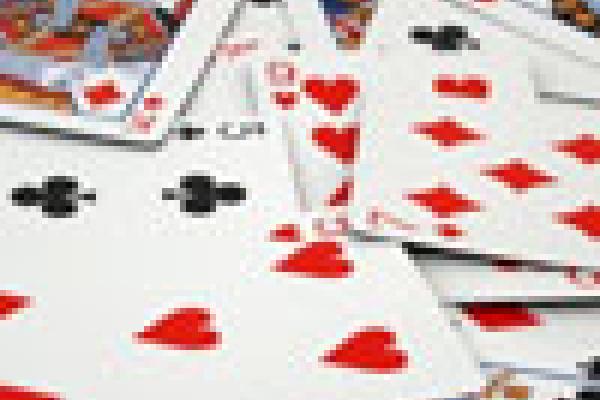Article

Winning odds
When you flip a coin we assume it has equal chance of coming up head or tails, so any coin flipping game should be a fair one. But Yutaka Nishiyama and Steve Humble can give you the winning advantage.